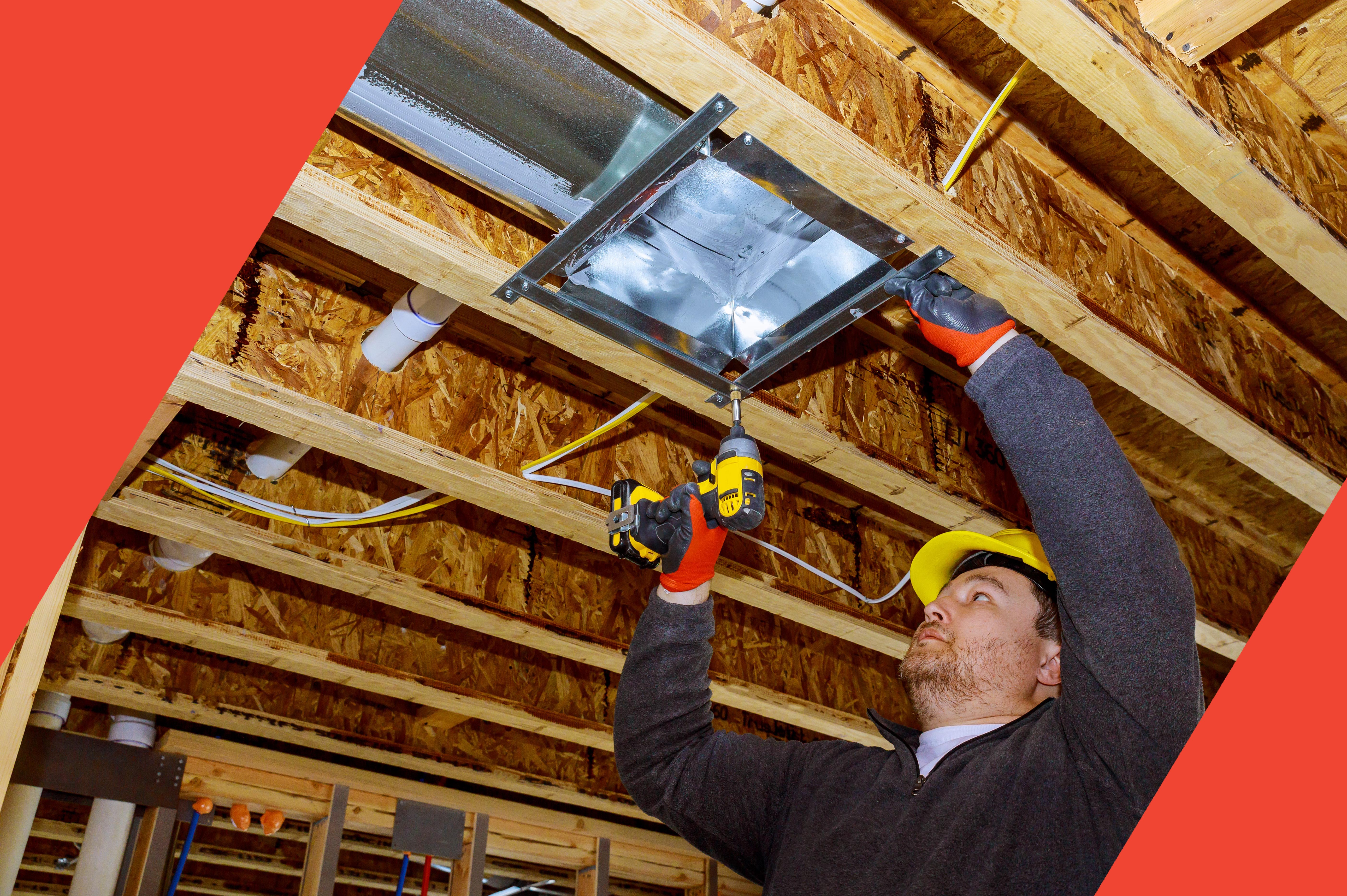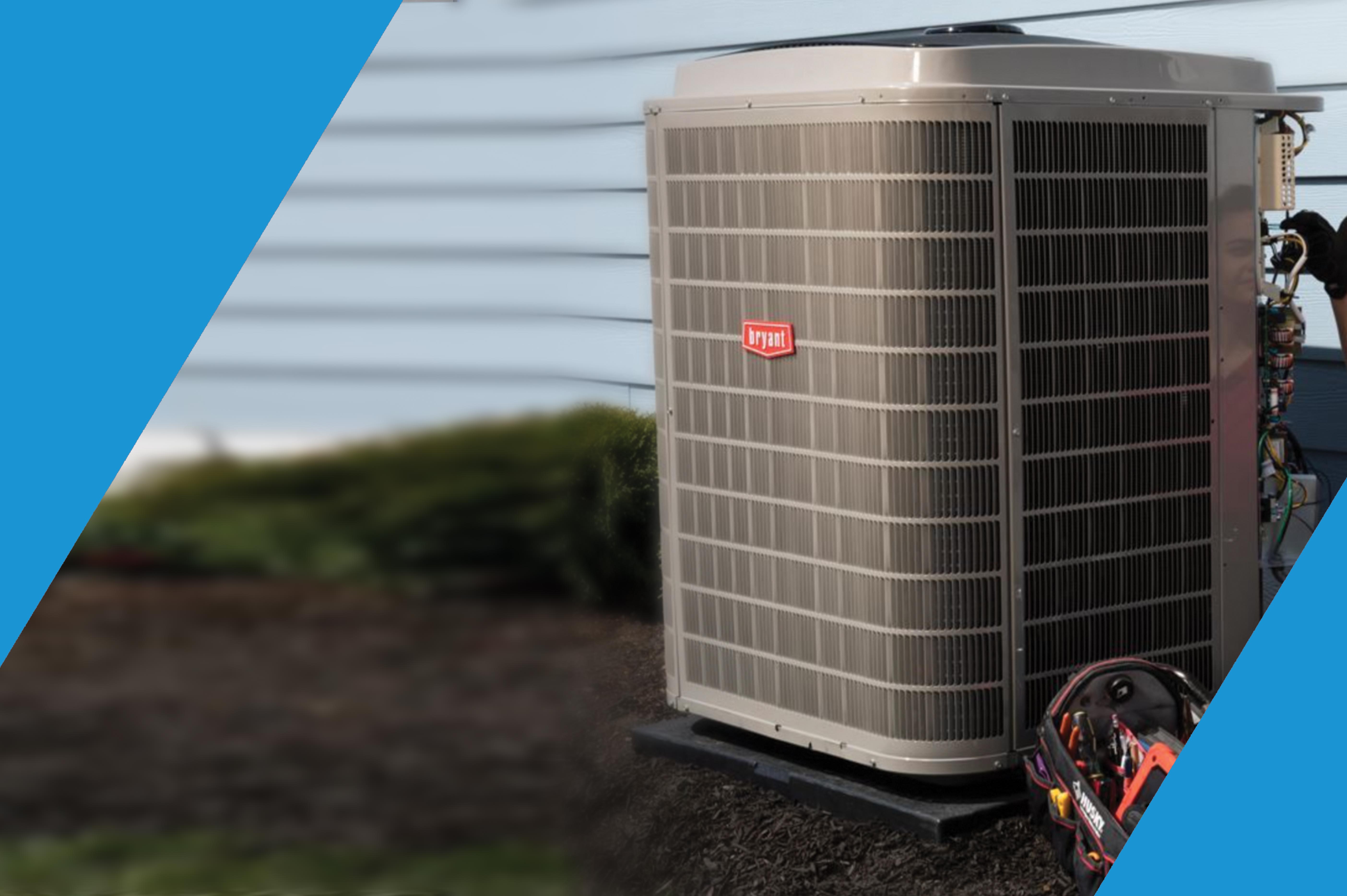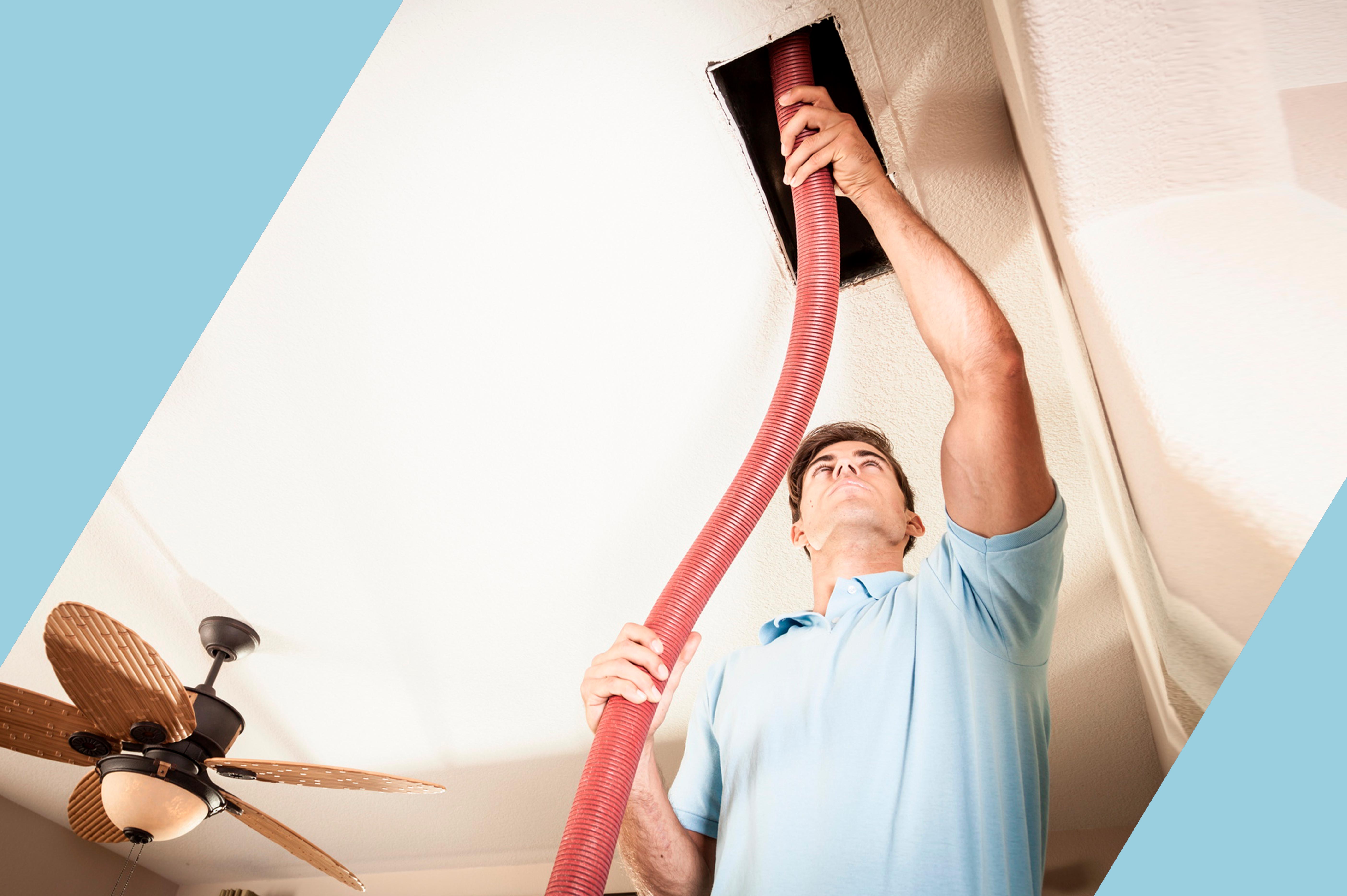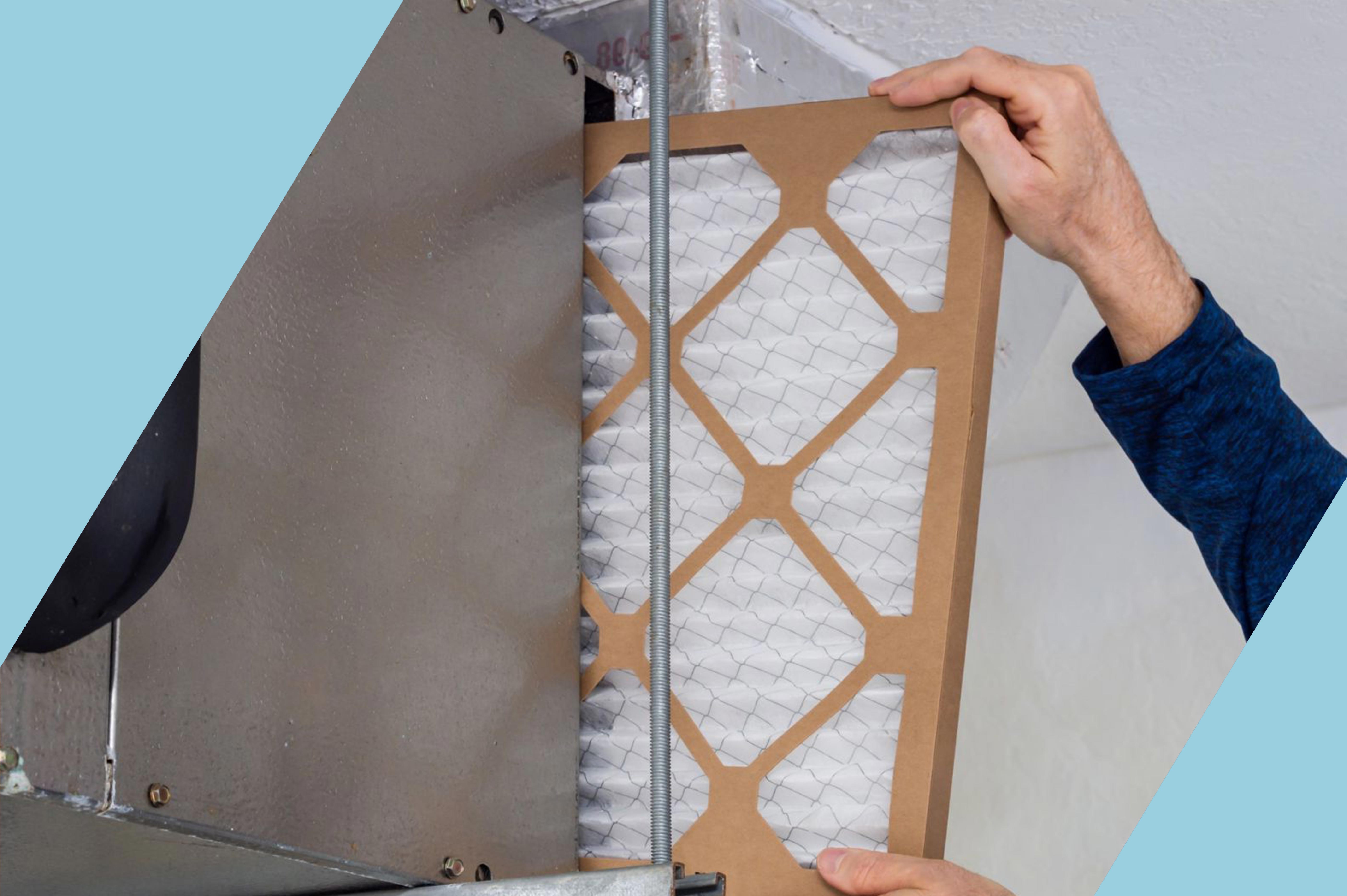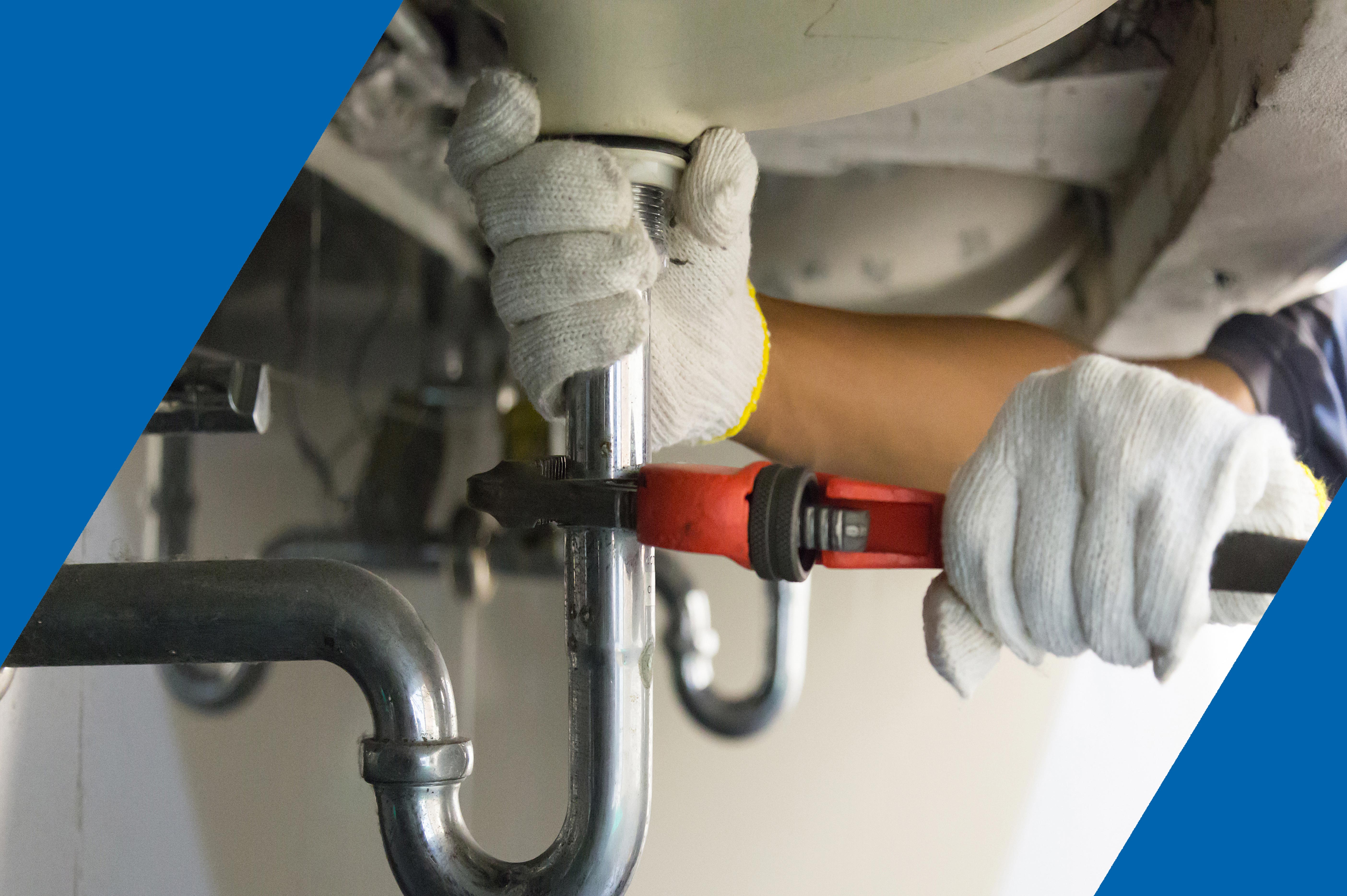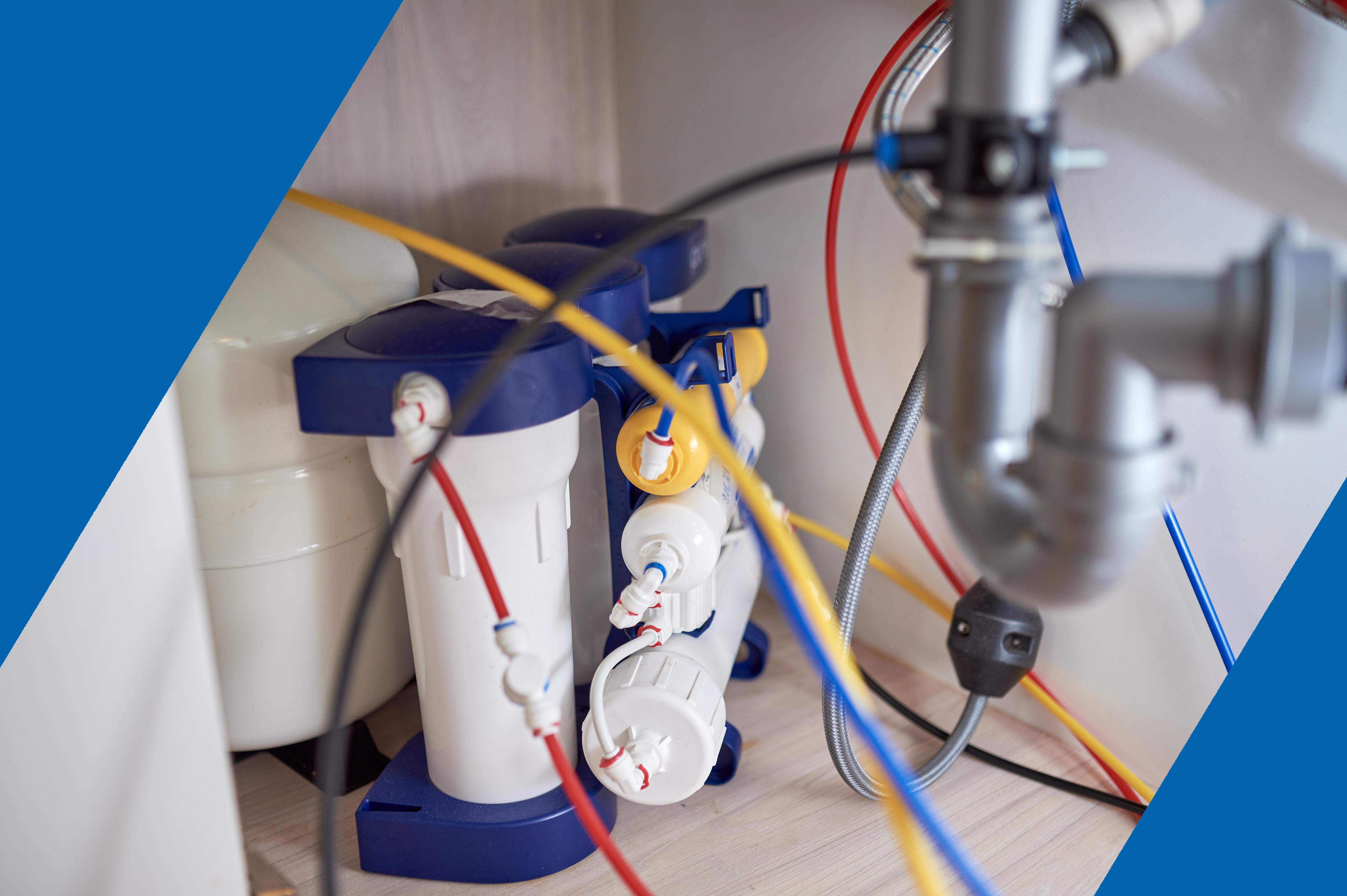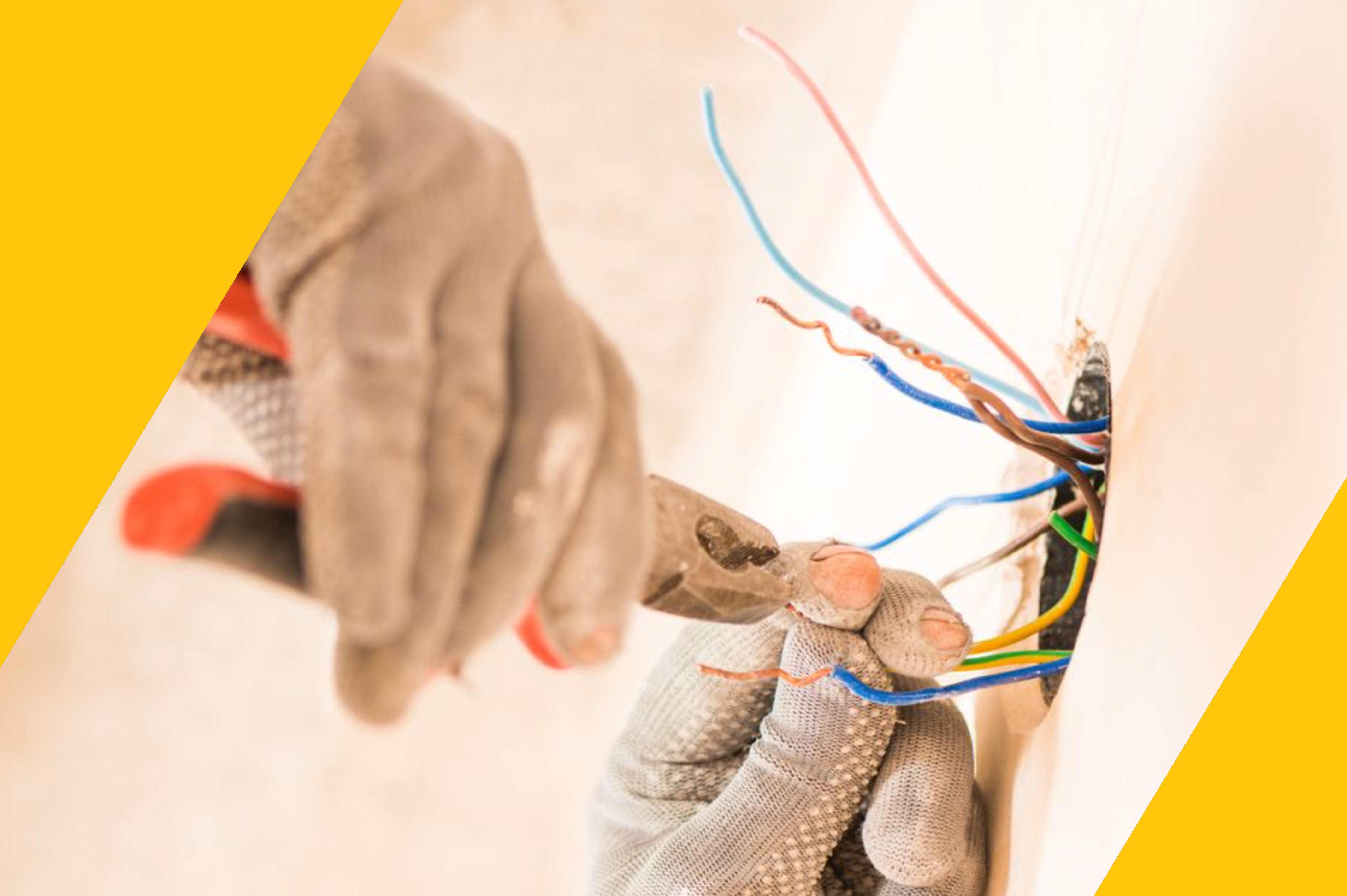
 When we tell our customers to replace their air filters every 1-3 months, we aren’t just saying it as a random suggestion. We’re offering this tip as a way for you to get the most efficient and effective use out of your HVAC system as possible. And considering how much you’ve had to use your heater this weekend, chances are that you’d like to do anything you can to prevent furnace repair in Maple Grove, MN.
When we tell our customers to replace their air filters every 1-3 months, we aren’t just saying it as a random suggestion. We’re offering this tip as a way for you to get the most efficient and effective use out of your HVAC system as possible. And considering how much you’ve had to use your heater this weekend, chances are that you’d like to do anything you can to prevent furnace repair in Maple Grove, MN.
One way to do this is by performing one small maintenance task—changing your air filter. You may be surprised to find just how important this small HVAC component is. It’s about more than protecting your indoor air quality. In fact, your furnace’s air filter isn’t even there to protect your indoor air quality. Keep reading to learn more.
The Purpose of Your Air Filter
As we mentioned above, the main purpose of your furnace’s air filter is not actually to protect your air quality. The goal is to protect your furnace. Today’s filters are certainly designed to optimize air quality as much as possible, but because your furnace’s blower fan sucks in air at such a high speed, it could also potentially suck in heavy amounts of debris.
Dirt and other particulates in the air of your home could potentially damage the furnace system, pummeling it with that debris. The filter is there to protect your furnace from these particles, and a dirty and clogged furnace can cause quite a bit of trouble.
The Problem with a Dirty Furnace Filter
Both your furnace and your air conditioning system are designed to take in a certain amount of air with each cycle it goes through. This airflow helps ensure that you always feel comfortable, but also that the HVAC system motor doesn’t run for too long. Dirt and debris clog up the filter and won’t allow the right amount of air through—which affects more than just your comfort.
Yes, you’ll feel less comfortable due to a lack of airflow, but you’ll also find yourself paying more to even use your HVAC system. The system has to run nonstop in order to compensate, which results in higher monthly bills. A dirty air filter can also lead to serious repair needs, to resolve problems such as:
- Short cycling
- Overheating
- Emergency furnace repairs
- Freezing coils
How to Change Your Furnace Filter
Why pay to resolve any of those above-mentioned issues when you can simply change your air filter? Air filters are typically pretty affordable and you can usually stock up on enough for a year from your local hardware store.
The filter is typically located in a marked point near your air handler, and there will be arrows directing you on what direction to put the filter in. If you have any questions or concerns, you can, of course, reach out to our team and we’ll be happy to help!
Permanent air filters are also an option, but it’s important to note that these must be cleaned (with a low-pressure hose to prevent damage) every 1-3 months, and should be completely dry before you reinsert it into your furnace or air conditioning system. Otherwise, you could end up with problems like mold.
For more great HVAC tips and superior heating services,
contact Air Mechanical, Inc. today!

